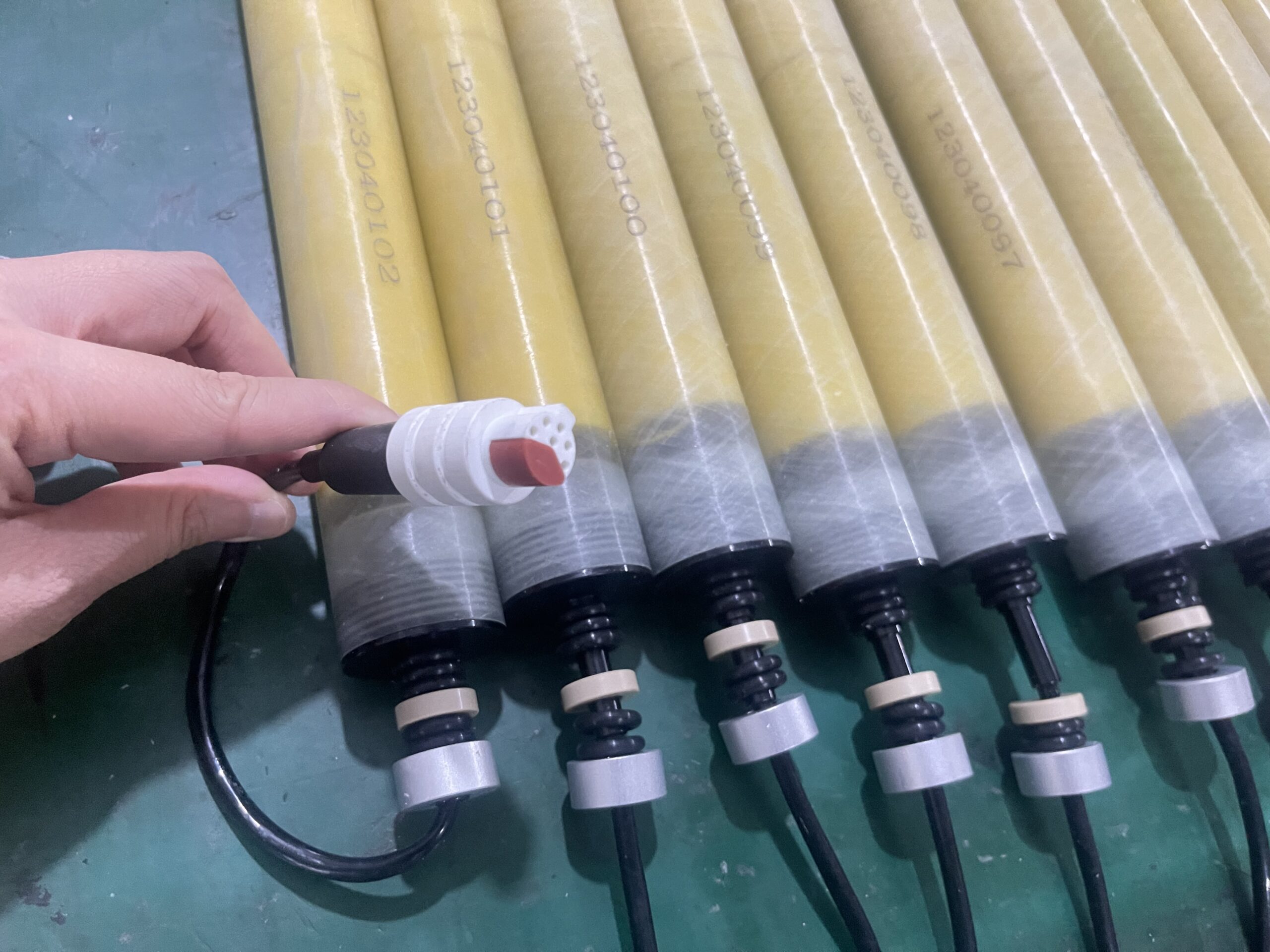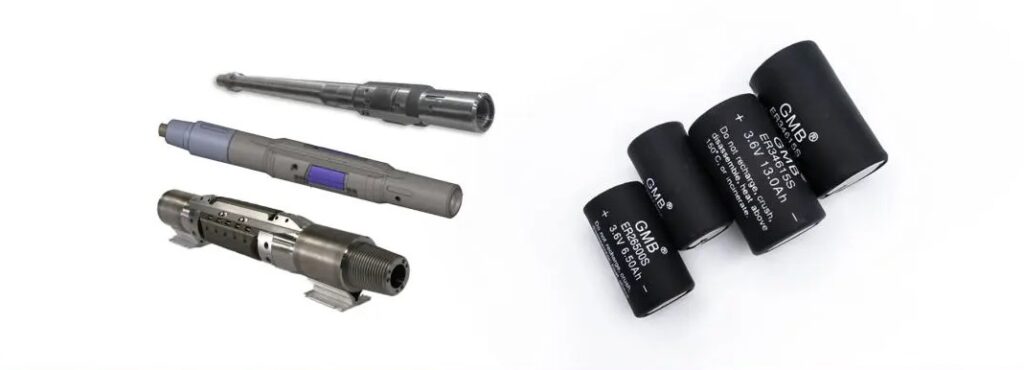-
Difference between NMC and LFR battery packs
Now lithium battery packs are widely used for EV and ESS, to use the right battery packs here is the form indicating the difference:
-
Lipo battery storage
Lithium polymer (LiPo) batteries are a type of rechargeable battery commonly used in various electronic devices, including smartphones, tablets, drones, and remote-controlled vehicles. Proper storage of LiPo batteries is essential to ensure their longevity, safety, and optimal performance. Here are some important things to know about LiPo battery storage: Temperature: LiPo batteries should be stored…
-
What is a Solid-state Battery?
A solid-state battery is an advanced type of battery that uses solid-state electrolytes instead of liquid or gel electrolytes found in traditional batteries. It is a promising technology that aims to overcome some of the limitations of conventional batteries, such as the risk of leakage, limited energy density, and safety concerns. In a solid-state battery,…
-
What does 3S LiPo mean?
“3S LiPo” refers to a specific type of LiPo (Lithium Polymer) battery configuration. The “3S” designation indicates the number of cells connected in series within the battery pack. Each LiPo cell has a nominal voltage of 3.7 volts. When multiple cells are connected in series, their voltages add up. Therefore, a 3S LiPo battery pack…
-
lipo battery connector
A LiPo (Lithium Polymer) battery connector is a type of electrical connector used to connect LiPo batteries to electronic devices or charging systems. LiPo batteries are commonly used in various applications, including remote-controlled vehicles, drones, smartphones, and other portable electronic devices. There are several types of connectors used for LiPo batteries, and the choice of…
-
Lithium polymer vs lithium-ion
Lithium polymer (LiPo) and lithium-ion (Li-ion) batteries are both rechargeable battery technologies commonly used in a variety of electronic devices. While they share some similarities, there are notable differences between the two. When deciding between LiPo and Li-ion batteries, it’s important to consider factors such as energy density, form factor requirements, safety considerations, cycle life,…
-
Why are LiPo batteries so expensive?
LiPo (Lithium Polymer) batteries can be relatively expensive compared to other types of batteries due to several factors: Manufacturing Process: LiPo batteries are more complex to manufacture compared to traditional battery chemistries. They require a specialized manufacturing process that involves multiple steps, including the use of a polymer electrolyte and a delicate stacking of multiple…
-
How long does a 5000mah LiPo battery last?
The duration a 5000mAh LiPo battery lasts depends on several factors, including the device it powers and its power consumption. The mAh (milliampere-hour) rating of a battery indicates its capacity, or the amount of charge it can store. To calculate the approximate battery life, you need to consider the power consumption of the device you’re…
-
What is a lipo battery?
A LiPo (Lithium Polymer) battery is a type of rechargeable battery commonly used in portable electronic devices. It belongs to the family of lithium-ion batteries and is known for its high energy density and lightweight design. LiPo batteries consist of multiple cells connected in series or parallel to achieve the desired voltage and capacity. Each…
-
Who makes LiPo batteries in China?
Introduction: LiPo batteries have become an integral part of various industries, powering a wide range of devices and applications. When it comes to reliable and high-quality LiPo batteries, one company stands out: GMB (GMB CO., LTD). With a strong presence in the battery manufacturing industry since 1999, GMB has established itself as a trusted provider…
-
The Crucial Role of Stable High-Temperature Li-SOCl2 Battery Packs in MWD and LWD Applications
Introduction In the world of drilling and exploration, Measurement While Drilling (MWD) and Logging While Drilling (LWD) technologies play a pivotal role in gathering real-time data for efficient decision-making. These technologies require reliable and durable power sources to operate effectively in harsh and demanding conditions. Among the various power options available, stable high-temperature Li-SOCl2 (Lithium…

